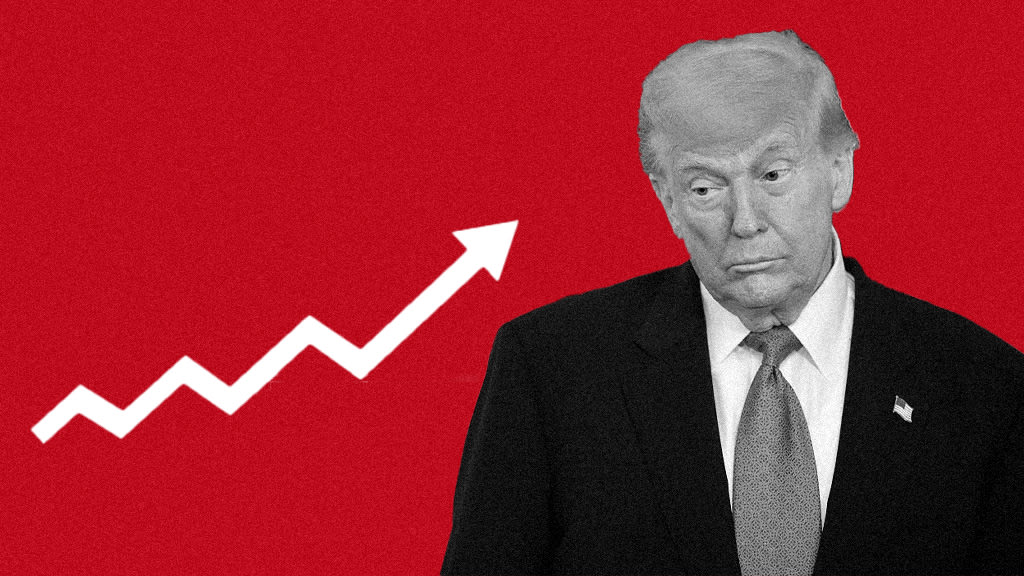Stocks trim losses as investors eye headwinds
Stocks dipped on Friday, capping a volatile week in U.S. markets as fears spread that U.S. interest rate hikes to fight inflation might stall economic growth.
The Dow Jones Industrial Average slipped 98 points, or 0.3%, to 32,899.37, paring losses of as much as 1.4% earlier Friday and adding to Thursday's losses of 3.1%. Other indices also lost ground on Friday, with the S&P 500 shedding 0.5% and the tech-heavy Nasdaq dropping 1.4%.
Investors are worried about whether the Federal Reserve, which raised its key interest rate by a half percentage point on Wednesday, can cool inflation without tipping the U.S. economy into recession. Traders were initially encouraged by Federal Reserve Chairman Jerome Powell's comment that the Fed wasn't considering even bigger increases, but their relief quickly evaporated.
"Clearly, investors had second thoughts about the so-called 'dovish hike' from the Fed," Rob Carnell of ING said in a report. The likelihood is "rate hikes coming thick and fast, but little if any prospect of a turn in inflation any time soon."
At the same time, the U.S. economy remains strong on a number of levels, including job growth. Employers added 428,000 new jobs in April, on par with growth in March, while the unemployment rate stayed unchanged at 3.6%, the Labor Department said on Friday.
But economists expressed cautious optimism about the report, noting that job growth could slow later this year partly due to the Federal Reserve's ongoing regime of interest rate hikes. The central bank's plan is to boost rates in order to tamp down demand from businesses and consumers, which could trickle through to the job market later this year, they noted.
Jobs: Slowdown ahead?
Continuing the same pace of job growth "is going to get harder going forward for two reasons," said John Leer, Morning Consult chief economist, in an email. "First, jobs growth tends to naturally slow over time towards the end of a strong economic recovery, which we've certainly had over the past two years."
He added, "Second, actions taken this week by the Federal Reserve to raise interest rates won't start to meaningfully affect jobs growth for another few months; that's just the way that monetary policy works."
Employment gains could decelerate to 262,000 per month in the third quarter and 201,000 each month in the fourth quarter, Moody's forecast on Friday.
The yield on the two-year Treasury, which moves with expectations for Fed policy, initially shot as high as as 2.77% earlier in the morning. But it then slipped to 2.66%, down from 2.71% late Thursday.
"Rising yields of 'safe' assets will, in our view, keep equity valuations under pressure," James Reilly, assistant economist with Capital Economics, said in a report. "This is a key reason why we think that equities will continue to struggle for some time yet."
Capital Economics expects the S&P 500, which in early afternoon trading was at 4,142 points, to fall from its current level to roughly 3,750 next year.
Russia's war on Ukraine, high oil prices and global supply chain disruptions are adding to investor unease.
Also Thursday, the Bank of England raised its benchmark rate to the highest level in 13 years, its fourth hike since December to cool British inflation that is running at 30-year highs.
Oil prices stayed above $100 per barrel despite a decision Thursday by major oil producers to increase exports. European governments are considering an embargo on Russian oil and are trying to line up other supplies in a tight market.



